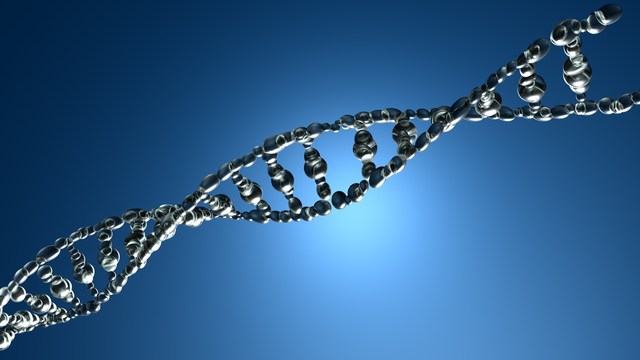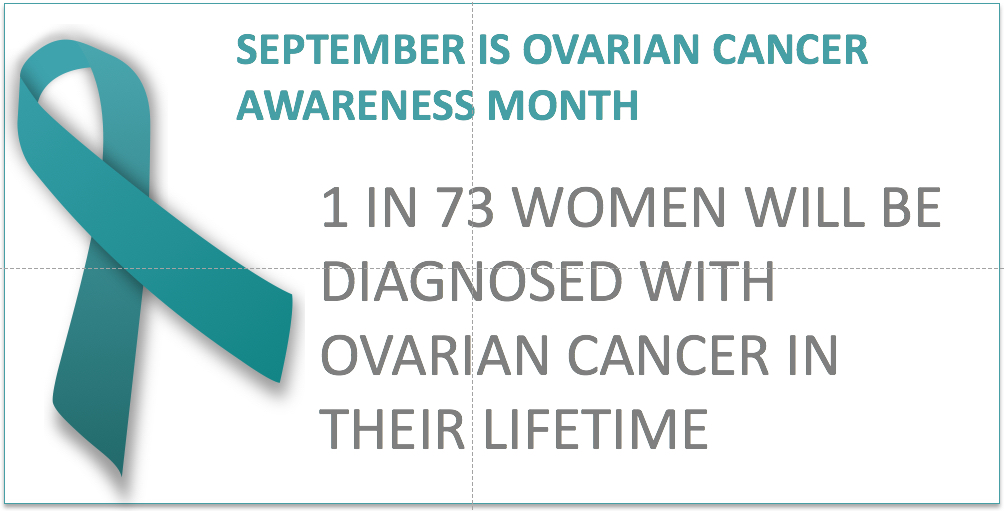 Danila Bolshakov/PhotoSpin
Danila Bolshakov/PhotoSpin
Are you at increased risk of developing ovarian cancer? New research from the Mayo Clinic Cancer Center may help answer that question.
Researchers from the Mayo Clinic studied the genes of over 16,000 women diagnosed with ovarian cancer, as well as more than 26,000 women without ovarian cancer. The result was the identification of a novel gene which they called HNF1B. This gene is believed to contribute to a woman’s risk of developing ovarian cancer.
Cancer is a disease that results when cells in the body grow out of control. These cells can often invade other body tissues and can travel through the blood and lymph system to other parts of the body.
The ovaries are organs located in a woman’s pelvis. There is normally one almond-shaped ovary on each side of the uterus. The ovaries are the part of a woman’s reproductive system that produces eggs. Ovaries also produce the female hormones estrogen and progesterone.
Ovarian cancer is a type of cancer that forms in the tissues of a woman’s ovary. Most ovarian cancer begins either in the cells on the surface of the ovary (ovarian epithelial carcinoma) or in the egg cells inside the ovary (malignant germ cell tumors).
Ovarian cancer is the eighth most common type of cancer and is the fifth overall leading cause of death from cancer. The National Cancer Institute (CDC) predicts that in 2013, more than 22,000 women in the United States will be diagnosed with ovarian cancer and over 14,000 women will die from the disease.
The Mayo Clinic study was part of the Collaborative Oncological Gene-environment Study (COGS). COGS researchers combined to simultaneously release 13 different scientific papers documenting the results of the collaborative study which included scientists from North America, Australia, Asia and Europe.
In total 250,000 people were genotyped so their genetic code could be studied as researchers examined how DNA sequences are involved the development of ovarian, breast and prostate cancer. These three cancer types are all considered to be hormone-related.
Ellen Goode, PhD, a Mayo Clinic investigator and author of the paper on the HNF1B gene study says, “Through the combined efforts of this consortium, and all the data sharing, we are much closer to understanding the inherited factors in these diseases.”
The results of the study may provide researchers with a new approach to predicting who will develop ovarian cancer which can lead to earlier treatment and better outcomes.
Dr. Goode said, “This has potential clinical implications for improving our understanding of how the disease begins, for better identification of ovarian cancer subtypes and for developing novel treatment approaches.”
Sources:
Mayo Clinic. Novel Gene Drives Development of Different Types of Ovarian Cancer, Mayo Led Study Finds. Web. April 1, 2013.
http://www.mayoclinic.org/news2013-rst/7384.html
National Cancer Institute. What Is Cancer? Web. April 1, 2013.
http://www.cancer.gov/cancertopics/cancerlibrary/what-is-cancer
Medline Plus. Ovarian Disorders. April 1, 2013.
http://www.nlm.nih.gov/medlineplus/ovariandisorders.html
Centers for Disease Control and Prevention. Gynecologic Cancers: Ovarian Cancer. Web. April 1, 2013.
http://www.cdc.gov/cancer/ovarian/index.htm
National Cancer Institute. Ovarian Cancer. Web. April 1, 2013.
http://www.cancer.gov/cancertopics/types/ovarian
Reviewed April 3, 2013
by Michele Blacksberg RN
Edited by Jody Smith




Add a CommentComments
There are no comments yet. Be the first one and get the conversation started!